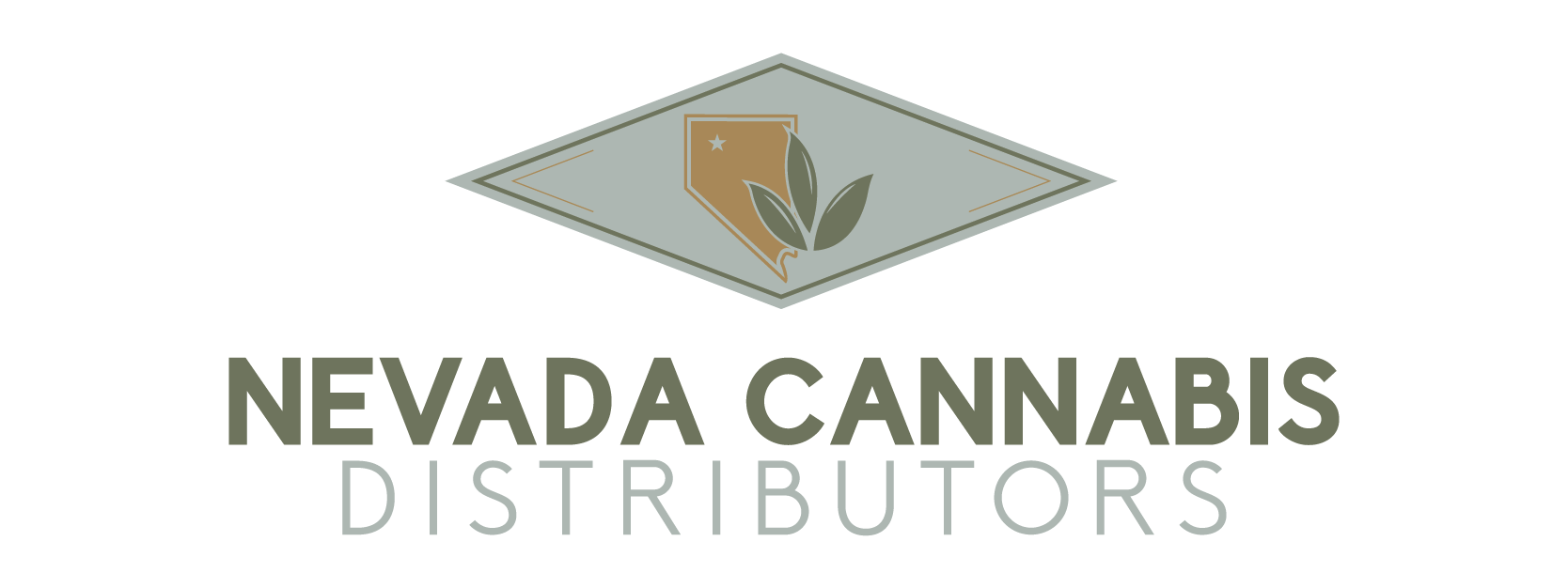Since Nevada legalized recreational cannabis in 2017 and authorized licensed consumption lounges in 2021 via Assembly Bill 341, the anticipated boom in on-site cannabis hospitality hasn’t quite materialized—and distributors are feeling the impact.
Lounges: Between Promise and Reality
Initially, demand for distributor-to-lounge supply chains surged. Distributors were hopeful these on-site venues—whether attached to dispensaries or standalone—would order significant volumes of single‑use or ready‑to‑consume products. By late 2022, the Nevada Cannabis Compliance Board had issued around 40 lounge licenses. Industry forecasts expected 60–65 openings.
But growth has stalled: only two state‑licensed lounges ever opened, and currently just one—Planet 13’s “Dazed”—remains operational. Many others, like Smoke & Mirrors, have closed due to low turnout, high run costs, and regulatory complexity. This limited uptake has directly cut into distributors’ projected revenues.
Distributor Displacement: Mixed Outcomes
Negative effects have been pronounced. Distributors that anticipated robust lounge demand over‑invested in logistics for smaller‑batch, on‑site consumption packaging. With lounge closures and low sales volumes, product turnover slowed, inventory aged, and margins shrank—especially since lounges must purchase exclusively from retailers, not directly from cultivators. This adds layers—and costs—for distributors.
On the upside, lounges did create new niches. The need for individually dosed edibles, templatized ready‑to‑consume goods, and paraphernalia compliance spurred innovation among distributors. Some shifted focus towards packaging and labeling services tailored to lounges, forging new small-volume revenue channels.
Structural and Regulatory Headwinds
Nevada’s stringent rules—distance requirements, ventilation, bans on alcohol, and separation mandates—have made lounge operations expensive. High licensing fees and infrastructure costs (like smoke‑filtration systems and separate rooms) deterred many potential operators. These fixed costs pushed distributors to reconsider supply strategies, focusing more on traditional dispensary channels.
Further complicating matters is uneven competition. Licensed lounges adhere to strict guidelines; yet “pop‑up” cannabis events and illicit venues operate unofficially, attracting customers without the same overhead—but still bypassing licensed supply chains. That erodes legitimate lounge traffic—and distributor interest.
What’s Next for Distributors?
Data from the UNLV-led “Overview of the 2024 Nevada Cannabis Economy” indicates retail sales fell 17% since 2021. With lounges capturing only a sliver of market share, distributors will likely reallocate resources back to core retail supply.
However, some forecasts are cautiously optimistic. Industry insiders suggest lounges could thrive if they evolve—adding ticketed events, food and beverage service, and flexible entertainment offerings to appeal to tourists and locals alike. Regulatory tweaks—such as permitting alcohol or loosening restrictions—could enhance viability.
Future distributor adaptations may include diversified packaging for hybrid consumption models, stronger partnerships with touristic destinations (hotels like the cannabis-friendly Lexi), and enhancing logistical agility for micro‑fulfillment.
In Summary
- Short term: Distributors faced reduced demand, rising costs, and underutilized inventory tied to lounge roll‑outs.
- Mid term: Some are pivoting—innovating with suitable packaging and leaning on dispensary channels.
- Long term: The lounge model must morph—offering multi‑sensory, entertainment‑centered experiences—to revive distributor buy‑ins. With regulatory reform and tourist‑friendly offerings, these venues could drive future growth.
Read More: Who Will Control Nevada’s Cannabis Channels—Big Players or Many Midsize Firms?
